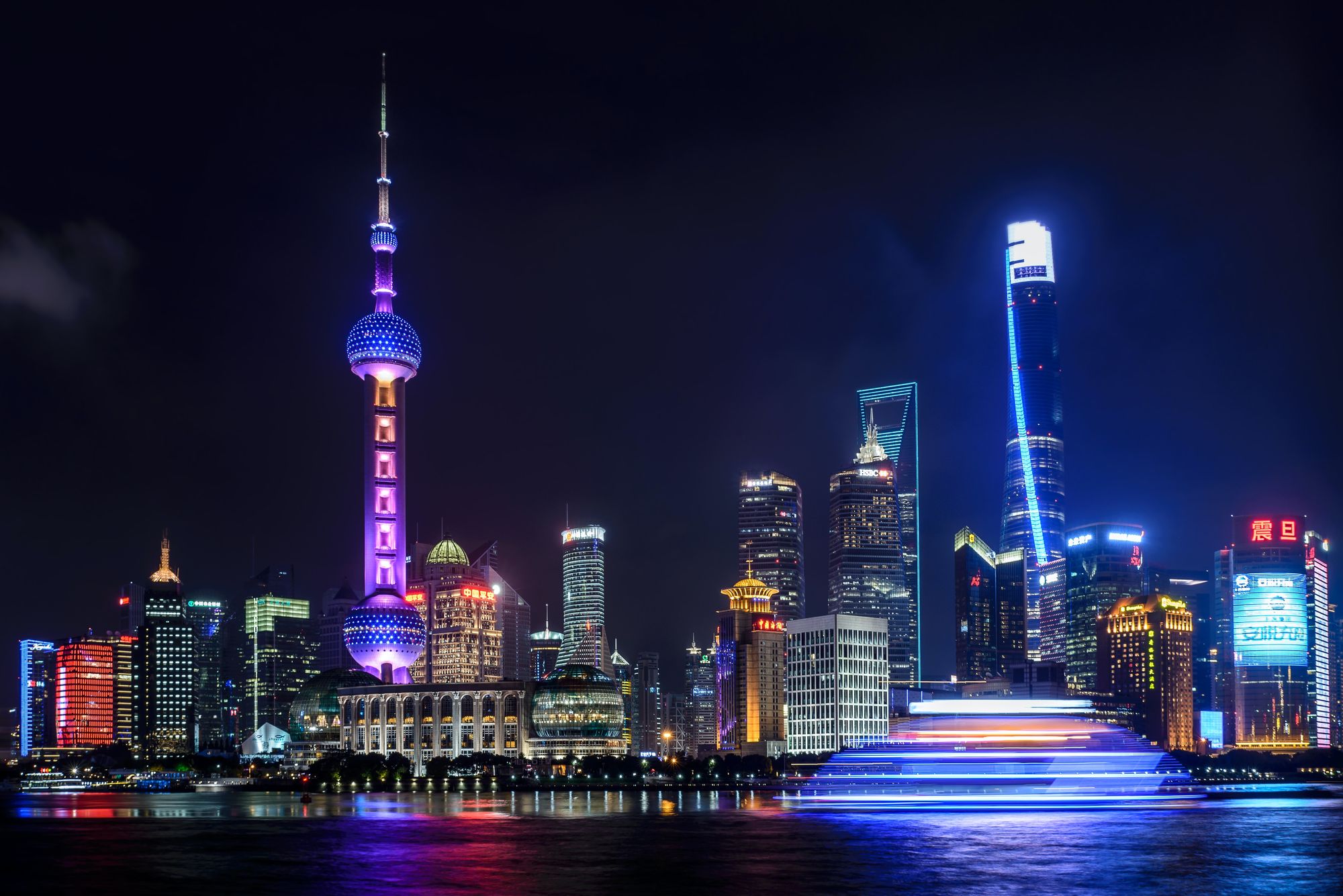China – The Improbability of Collapse
Why is everyone suddenly predicting that china is on the brink of collapse? What are the chances that these predictions will actually come true? Finally, why is this most likely totally overblown?

By: Julian Olsen-Pendergast
In the past year, the Chinese economy has experienced one of its most difficult periods during its reign under the CCP. With extended lockdowns, real estate market collapses, banking crises, trade wars, food insecurity, and an unusually high level of civil unrest, it appears that the once invincible CCP is showing signs of cracks.
It's understandable why news stories and articles speculating about how many days are left until China collapses are gaining so much attention. However, if you haven't guessed already from the title, it's highly unlikely to happen. At least not within a specific number of days.

So why is everyone suddenly predicting that China is on the brink of collapse? Well, there are several reasons, but a couple of them are worth addressing individually.
Firstly, the recent record heatwaves and droughts have had a significant impact. Heatwaves are detrimental to any country, but China is particularly ill-prepared to deal with them. Most of their industrial capacity is concentrated in city centers, which have had to shut down due to extreme heat conditions. This has hindered physical work in the nation's factories. Droughts also pose a challenge to the economy. While the water supply for drinking purposes may not be at risk, the scarcity of water has severe consequences in other areas.
Industry in China is heavily concentrated along its rivers, particularly the Yangtze River, which is lined with 175 cities. However, certain crucial sectors along the river are currently experiencing water scarcity, directly impacting hydroelectric power stations and regular power stations that require water for cooling or transportation.
Furthermore, China still relies on food imports to feed its large population. International food markets have witnessed soaring prices for staple commodities like grains, rice, and proteins due to agricultural slowdowns, general inflation, and the ongoing conflict between Russia and Ukraine. Advanced economies have struggled with food prices, and for a population with significantly less disposable income, the situation becomes even more challenging.
Secondly, China is facing ongoing issues with housing and jobs. While low-cost manufacturing and government stimulus through infrastructure and housing development have driven economic growth in the short term, this strategy is unsustainable in the long run. China's low-cost manufacturing has brought considerable wealth to the country, although incomes are still not comparable to Western standards. As a result, China's cost competitiveness has diminished, and manufacturers are exploring alternatives in countries like Vietnam, India, and Indonesia.
However, China's short-term growth cannot solely be attributed to low labor costs. They were just a small part of what made Chinese manufacturing competitive. China also benefited from lax environmental regulations, cost-effective shipping due to economies of scale, and a relatively skilled workforce.
Lastly, China's overspending on infrastructure has led to overleveraging. Infrastructure spending is an effective way to stimulate the economy and create employment opportunities. However, China has been aggressively investing in infrastructure for the past two decades, even when it wasn't necessary. While they have accomplished impressive projects, they have spent a substantial amount of money during a time when it was not essential. With most significant infrastructure already built, the government has been forced to redo existing projects or construct unnecessary infrastructure.
It's important to note that while these challenges exist, predicting a collapse of China's economy is unlikely. The situation is complex and requires a nuanced understanding, acknowledging both the difficulties and China's resilience in overcoming them.

However, it is more effective to question why China won't collapse. While it's true that if the government is cornered and takes drastic actions like invading Taiwan, it could lead to a collapse. However, such a scenario is highly unlikely. As economists, we also recognize that there are unknown factors that could potentially impact any country, from natural disasters to government conflicts or even unlikely events like an alien invasion. It's important to note that this is not unique to China; the country is just currently facing a slightly more precarious situation.
Another potential situation that could lead to a collapse, in a different sense, would be a regression towards a closed centrally planned economy. We can observe elements of this playing out as China tightens its control over who enters and leaves the country. Additionally, it has taken on a more nationalistic stance and aligned itself with countries facing isolation from the rest of the world. If this were to happen, it would likely be a slow and gradual decline rather than an abrupt collapse where China wakes up one day and finds itself resembling North Korea.
It's also worth acknowledging that the Chinese economy is more resilient than many economists give it credit for. The Chinese government has the capability to control short-term damage caused by these issues. China holds the largest foreign currency reserves of any nation, allowing it to mitigate bank runs by printing more money and distributing it through state-owned banks if necessary.
If we want to understand the real reason behind the headlines predicting China's collapse, we might be disappointed. Often, these sensational headlines are based on clickbait tactics, where creators use misleading titles to attract viewership. While they may gain millions of views, they are often complete nonsense.
In conclusion, China is facing economic challenges, but a complete collapse of the world's second-largest economy, with high levels of control and a quasi-reserve currency, along with a limited tolerance for dissent, is highly improbable. Even if the government were to cease to exist in a peaceful manner, a power vacuum would likely emerge and be filled by another authoritarian regime. Collapse is not a solution to China's problems. Instead, we should hope for a slow and gradual transition toward a system that is more open to the international community and less suspicious of its own citizens.



